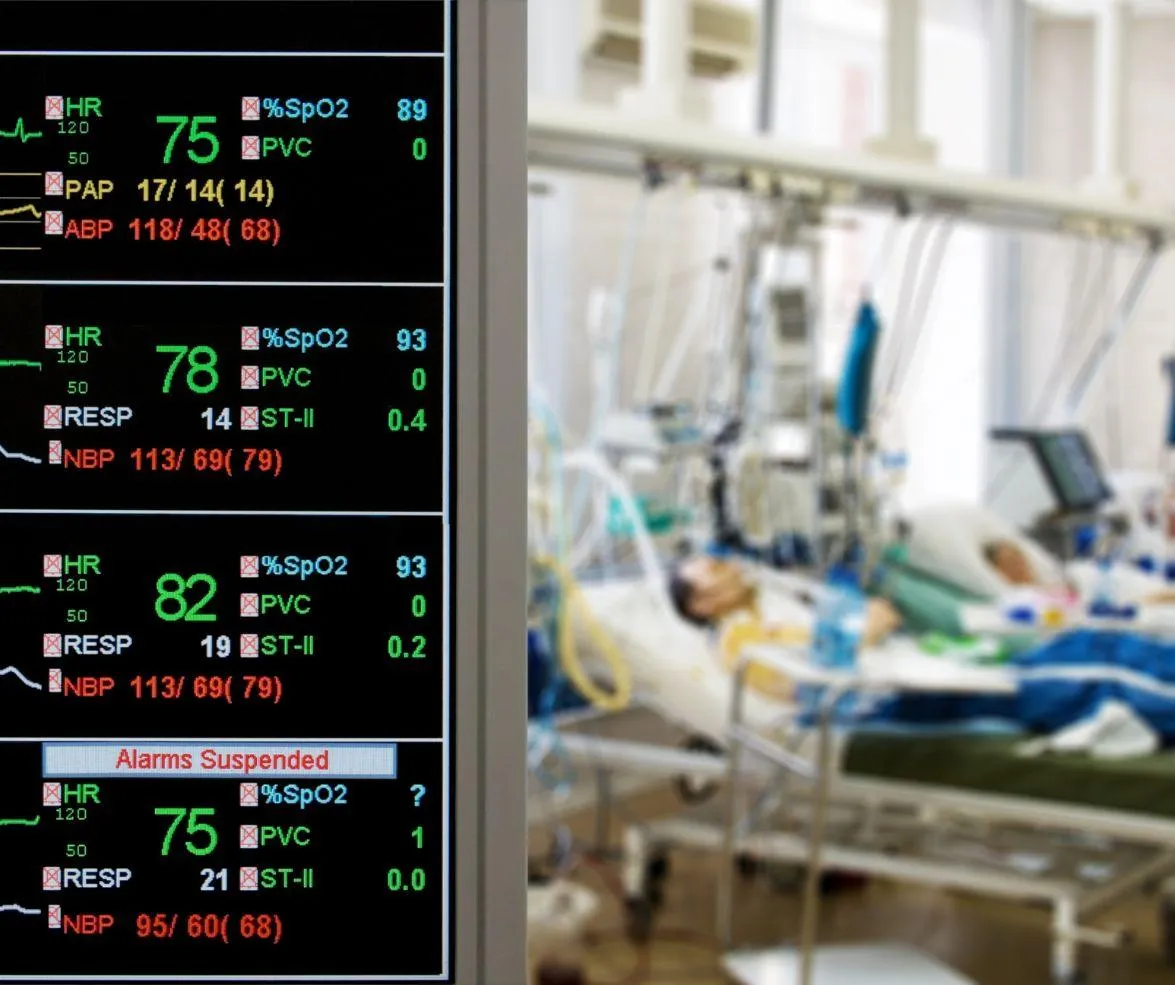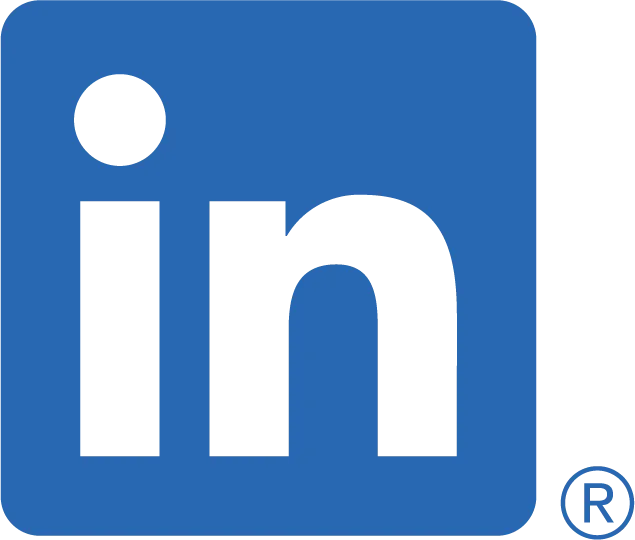OUR BLOG!

The Dawn of Technological Advancement in Nursing Care: A Comprehensive Look at Its Impacts on Patient Care
As a renowned medical writer with a keen interest in critical care nursing, I find the advent of new technologies in this field to be a noteworthy development. The landscape of patient care has undergone a significant transformation, largely due to the introduction of these innovative tools, from intelligent hospital beds to sophisticated automated intravenous pumps1.
The benefits of these technological advancements are manifold. First and foremost, they have enhanced the precision and efficiency of patient care. Automated IV pumps, for example, allow for accurate and regulated drug delivery, reducing the chances of human error2. Additionally, these technologies enable real-time monitoring of patients' vital signs, thereby allowing for prompt intervention in case of any anomalies.
Furthermore, smart beds equipped with pressure redistribution capabilities can aid in preventing pressure ulcers, a common issue in bedridden patients3. The use of advanced technology in nursing also alleviates workload, enabling nursing staff to allocate their time and efforts towards more complex patient needs.
Another notable advantage is the potential for remote patient monitoring. Certain technologies facilitate the monitoring of patients' health status from a distance, thereby catering to the needs of those residing in remote areas or those unable to visit healthcare facilities regularly4.
However, the integration of these technologies into the domain of nursing is not without its challenges. One primary concern is the cost associated with procuring and maintaining these advanced tools, which may not be feasible for all healthcare institutions, especially those operating under financial constraints.
Moreover, the use of such technologies raises concerns related to data privacy and security. With electronic health records and other sensitive patient information being stored and transmitted digitally, there is an inherent risk of data breaches5.
The reliance on technology may also potentially create a disconnect between the nursing staff and the patients. The importance of human touch and interaction in nursing care cannot be understated, and there is a risk that these could be compromised with the increasing dependence on technology.
Furthermore, the successful implementation of these technologies necessitates adequate training for the nursing staff. Lack of proficiency in handling these tools could lead to misuse or underutilization, thereby negating their potential benefits6.
In conclusion, while the introduction of new technologies in nursing care holds immense potential for transforming patient care, it is imperative to address the associated challenges to truly harness their benefits. As we move forward, striking a balance between technological advancement and the human aspect of nursing care will be crucial.



